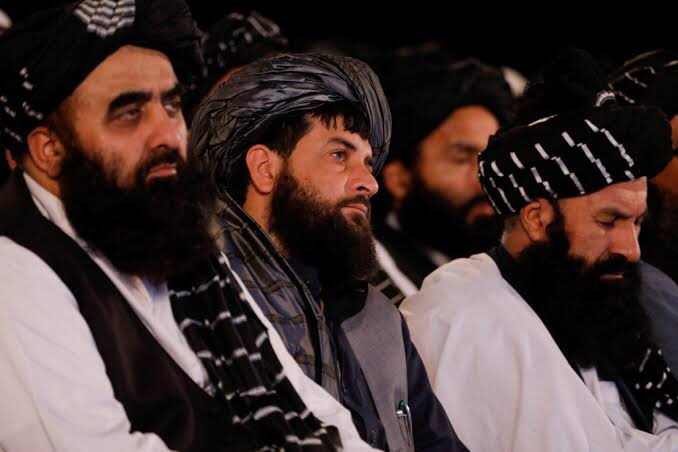Afghanistan remains at the heart of global security concerns, shaped by a turbulent history, geopolitical complexities, and the presence of numerous terrorist groups. Since the Taliban’s return to power in 2021, violence and terrorism have surged, with the group failing to honor commitments from the Doha Agreement while providing safe havens for militants. Currently, around 25 terrorist organizations operate out of Afghanistan, with 17 specifically targeting Pakistan, posing significant regional threats.
Afghanistan’s population is a mosaic of ethnicities, including Pashtuns (42%), Tajiks (27%), Hazaras (9%), Uzbeks (9%), and others, with longstanding divisions often driven by the Taliban’s Pashtun-centric stance. Nationalist sentiments also persist, with some leaders calling for a unified Pashtun region across Pakistan and Afghanistan, despite Pakistan having the larger Pashtun population.
Despite extensive international efforts, such as the U.S. investment of $2 trillion, achieving stability in Afghanistan remains elusive. Territorial claims like those over the Wakhan Strip also continue to stir debates, with some arguments supporting Pakistan’s historical claims to these areas.


